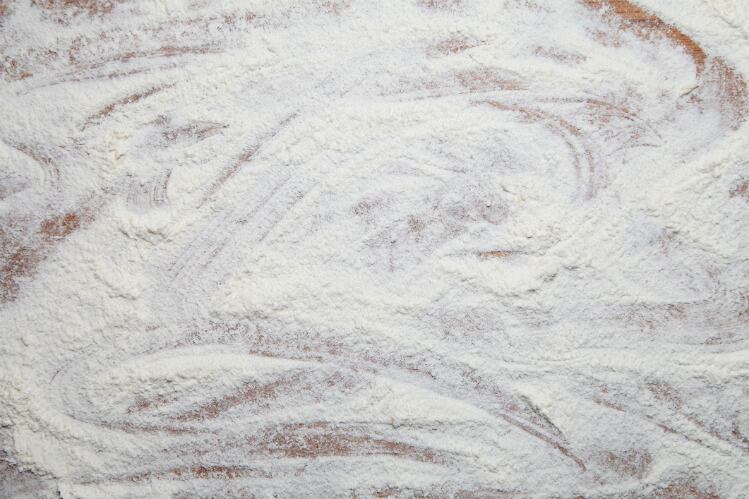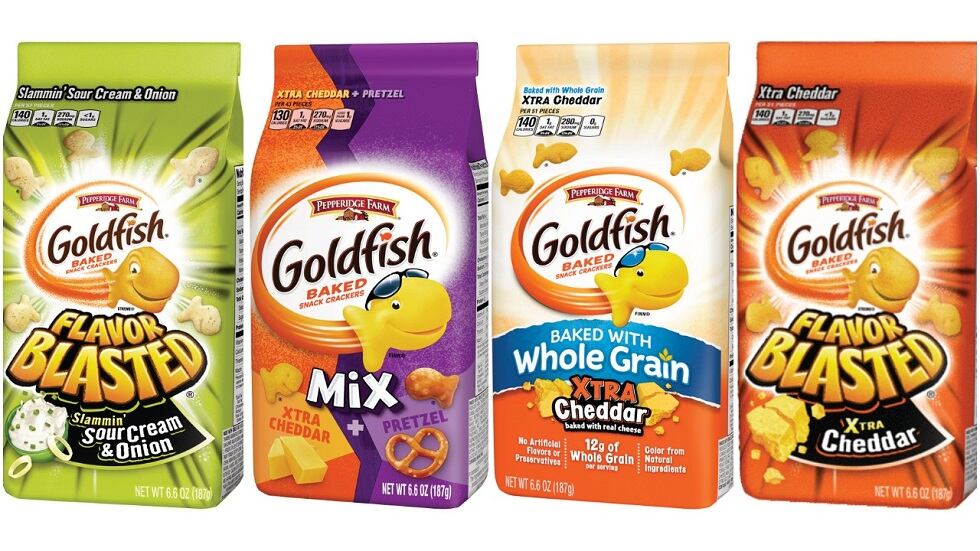On June 13, King Arthur Flour issued a voluntary recall of more than 14k cases of five-pound bags of its unbleached all-purpose flour packaged in ADM’s Buffalo plant. The next day, Hometown Food Company and ADM also initiated a voluntary recall of Pillsbury Best 5 lb. Bread Flour – all due to the potential presence of E. coli.
Last month, ADM recalled five-pound bags of ALDI’s Baker’s Corner All Purpose Flour distributed to 11 US states. At the time, ADM said it was ‘working directly’ with ALDI and regulators to unearth the origin of the contamination.
The Rhode Island Department of Health first detected the O26 strain of E. coli in ALDI’s flour on May 22. Two days later, the FDA and CDC confirmed the strain likely led to 17 illnesses in eight states, reported between December 11, 2018 and April 18, 2019.
An ADM spokesperson told BakeryandSnacks the outbreak likely involved consumers eating raw dough or batter made with flour from ADM Milling.
“Throughout this process, ADM has been cooperating with regulators at our facility in Buffalo. We have also been working closely with all of the retail customers that received flour produced from this implicated wheat: ALDI, King Arthur and Pillsbury.
“Those customers are removing any affected products that may be on store shelves and have notified the public about which retail flours are involved.
“ADM Milling produces flour products by physically processing wheat, which is a raw agricultural commodity that is grown under a wide range of environmental conditions. The flour milling process does not include a high temperature microbiological ‘kill step.’
“ADM reminds customers and consumers that flour is not ready-to-eat and must be thoroughly cooked before eating to prevent illness from possible bacteria in the flour.”
Backstory
“ALDI takes the safety and integrity of the products it sells seriously,” the company, whose headquarters are in Essen, Germany, said in an FDA announcement urging customers to discard or return recalled products.
King Arthur also emphasized consumer safety: “Customers have trusted King Arthur Flour products in their kitchens for over 225 years and that’s why we have issued this voluntary recall. We remain committed to providing our customers safe and superior products.”
Hometown, which recalled 4,620 cases shipped to 10 states, said, “Nothing is more important than the safety and integrity of our products. There have been no reports of any illnesses associated with this product and this recall has been issued out of an abundance of caution.”
Pillsbury was also affected by a potential Salmonella contamination in March, forcing Hometown to recall more than 12k cases of Pillsbury Unbleached All-Purpose 5lb Flour. No illnesses were linked to the product.
Guidance on raw flour consumption (CDC/FDA):
“Consumers are reminded to not consume any raw products made with flour. Flour is an ingredient that comes from milling wheat, something grown outdoors that carries with it risks of bacteria which are rendered harmless by baking, frying or boiling. Consumers are reminded to wash their hands, work surfaces, and utensils thoroughly after contact with raw dough products or flour, and to never eat raw dough or batter.”
Industry approach
The North American Milling Association (NAMA) created an educational video in 2017, after a series of E. coli infections were connected to raw flour in the US and Canada.
“Flour is made from wheat grown and harvested in nature, and as such, it is possible for wheat to be exposed to environmental sources of E. coli,” NAMA said in a statement. “Raw flour is not ready-to-eat and consumers should not eat or taste raw flour, dough or batter prior to cooking or baking as they can cause illness if harmful bacteria are present. However, it is important for consumers to know that proper cooking and baking eliminates the food safety risk associated with E. coli in raw wheat flour, dough and batter.”
CDC notice about E. coli
Infections typically occur three to four days on average after swallowing the toxin-producing germ. Symptoms include severe stomach cramps, diarrhea and vomiting. Some cases can lead to kidney failure or a stroke, but most people recover within a week. Young children, the elderly, pregnant women, or anyone with a diminished immune system are particularly susceptible to foodborne illness.




